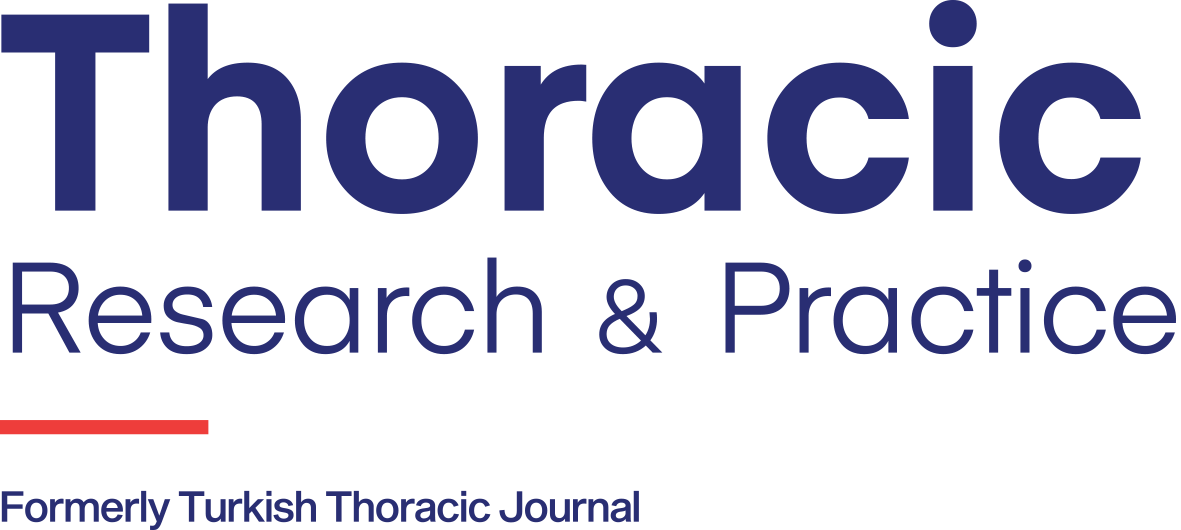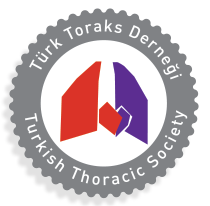Abstract
Objectives:
Most exacerbations are mild to moderate and antibiotic treatment for acute exacerbations of COPD (AECOPD) is recommended for patients with severe exacerbations or severe underlying COPD. Therefore, we aimed to investigate the patients factors that are associated with the prescription of antibiotic for inappropriate indication in AECOPD.
Methods:
This is an observational cross-sectional study conducted in an outpatient clinic. Patients diagnosed with AECOPD and prescribed an antibiotic by a pulmonary physician enrolled in the study. These prescriptions are documented by the pharmacist and the pharmacist asks the patient three cardinal symptoms. Appropriate and inappropriate prescription groups are defined by types of exacerbations defined by Anthonisen.
Results:
There were 138 patients predominantly male (83%) with a mean age of 64 (±9). 64% of the prescriptions were appropriate however there were 50 (36%) patients with an inappropriate antibiotic prescription according to the mentioned criteria. When we compared the patient factors between appropriate and inappropriate antibiotic prescription there was no statistical significant difference in terms of age, FEV1% predicted, FEV1 mL, FVC mL, FEV1/FVC, amount (packyears) of smoking respectively (all p>0.05). FVC% was statistically significantly low in the appropriate antibiotic prescription group compared to inappropriate antibiotic prescription group (p=0.049).
Conclusion:
The present study showed that the majority of pulmonary physician’s tendency was to prescribe antibiotics to AECOPD according to defined Anthonisen criteria. However, some of the physicians also preferred to prescribe antibiotics self-directedly and irrespectively to Anthonisen criteria. A physicians-based questionnaire can be done for future studies to define the underlying reasons of antibiotics prescription demands in mild AECOPD.



